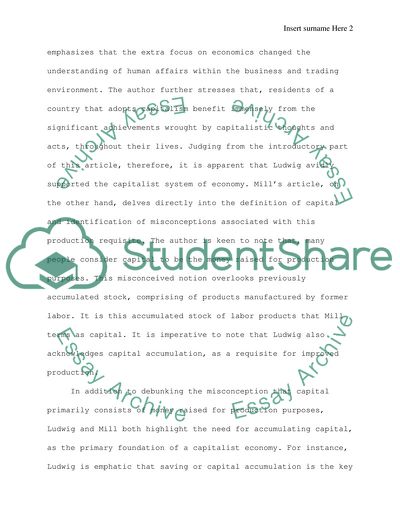Cite this document
(Political Economic Thought Coursework Example | Topics and Well Written Essays - 1750 words, n.d.)
Political Economic Thought Coursework Example | Topics and Well Written Essays - 1750 words. https://studentshare.org/politics/1853052-political-economic-thought
Political Economic Thought Coursework Example | Topics and Well Written Essays - 1750 words. https://studentshare.org/politics/1853052-political-economic-thought
(Political Economic Thought Coursework Example | Topics and Well Written Essays - 1750 Words)
Political Economic Thought Coursework Example | Topics and Well Written Essays - 1750 Words. https://studentshare.org/politics/1853052-political-economic-thought.
Political Economic Thought Coursework Example | Topics and Well Written Essays - 1750 Words. https://studentshare.org/politics/1853052-political-economic-thought.
“Political Economic Thought Coursework Example | Topics and Well Written Essays - 1750 Words”. https://studentshare.org/politics/1853052-political-economic-thought.


